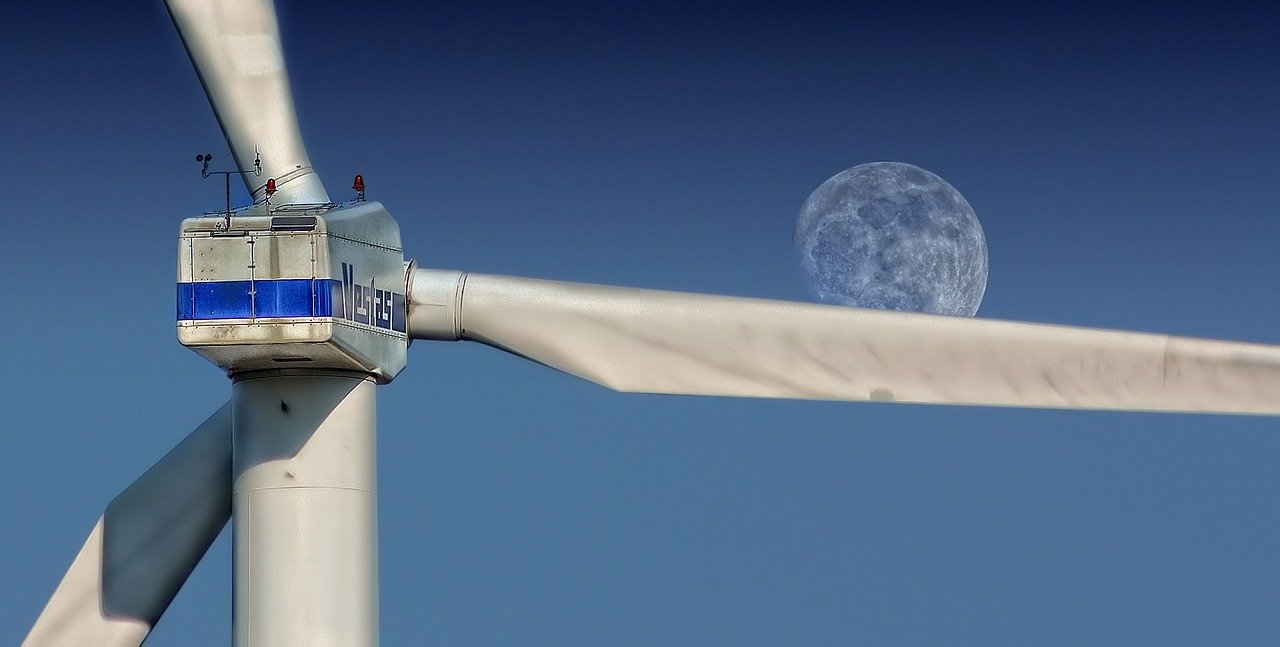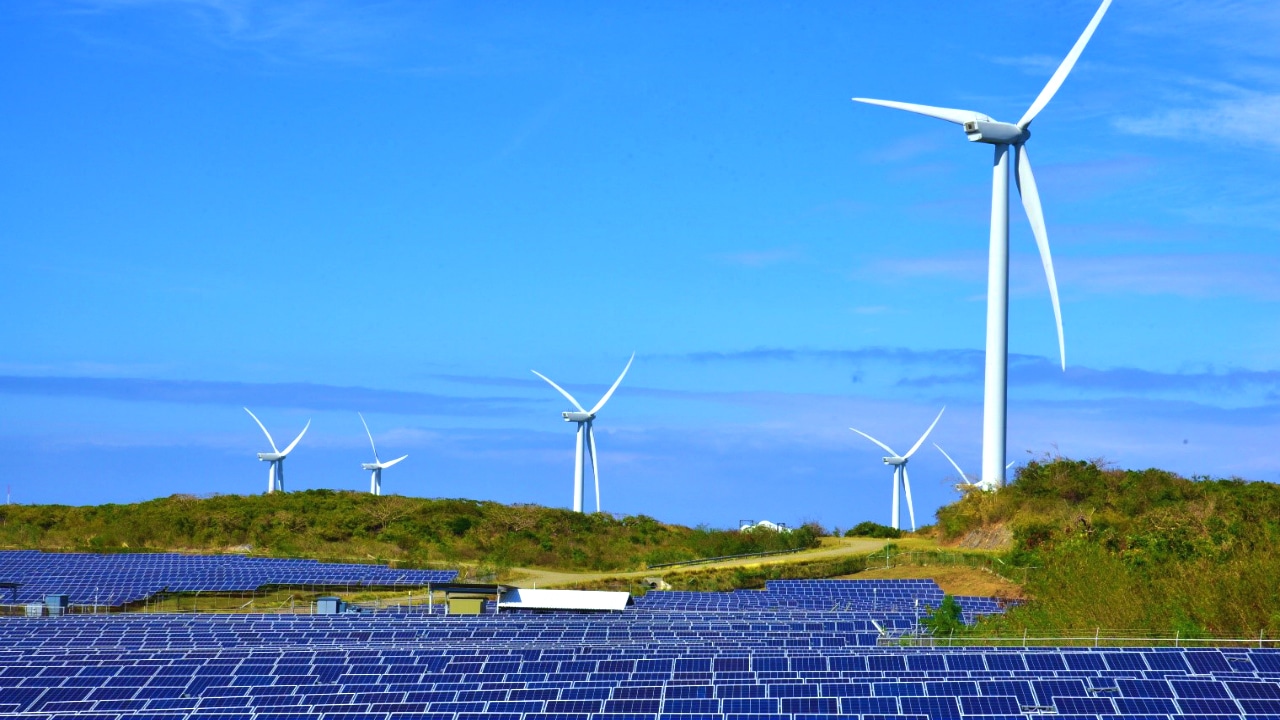As gas and electricity consumption hits record low numbers in the business sector, the National Grid may ask energy providers to stop electricity generation. Increases in usage in the home, while millions are under lockdown, isn’t enough to offset this reduction. Bank holidays traditionally mean a drop in demand, however, the coronavirus has only emphasised this further.
As the country’s electricity demand plummets to record low numbers, hundreds of renewable energy projects may also be asked to temporarily shut down in an effort to avoid overwhelming the Grid. Demand for electricity in the UK is estimated to be reduced by as much as 20% compared to normal levels. The primary reason for this is due to the Spring Bank Holiday and closure of shops, restaurants and other businesses up and down the country.
On Saturday 23 May, the National Grid is expecting to see the demand for electricity drop to as low as 15.6GW during the afternoon. This level is normally seen during the middle of the night. The reduction will continue into the early hours of Sunday morning.
Weather conditions are also predicted to generate more renewable electricity than that which is needed. Amy Weltevreden, manager at the energy system operator said that: “Bank holidays see reduced demand for electricity, and even more so with the current lockdown measures in place”.
Due to the above, the National Grid control room has plans in place to initiate a new scheme which would pay smaller solar installations and wind turbines to stop generating power this weekend. This would likely come into effect if the country’s renewable energy sources are close to overwhelming the energy system.
So far, around 170 small-scale renewable energy generators have signed up to the scheme, the total capacity is 2.4GW. This has been shared between 700MW of solar power and 1.5GW of wind power. If demand continues to tumble, a number of companies have agreed to utilise additional electricity to avoid this threat.
Weltevreden goes on to state that: “If we’re anticipating the wind blowing at a given time when we’re also expecting low demand, we’re now able to instruct these smaller-scale distributed generators to reduce output to help balance the system… Much of the renewable electricity generated in Great Britain comes from these smaller units – what we call distributed or embedded generation. Because they’re not connected directly to our transmission system, in the past we haven’t had as much ability to control the power they’re producing to balance the grid.”
Only going as far back as last month, the National Grid warned officials that a reduction in the demand for electricity could lead to renewable energy generation being switched off in an effort to avoid overloading the grid with more electricity than needed.
The head of the National Grid’s control room, Roisin Quinn, said: “The assumption will be that lower demand makes it easier for us to do our job, with less power needed overall and therefore less stress on the system. In fact, as system operator, it’s just as important for us to manage lower demand for electricity as it is to manage the peaks.”
During the Easter weekend, the demand for electricity dropped to as low as 15.2GW. This is 2.4GW below the National Grid’s forecast for summer 2020 of 17.6GW.





